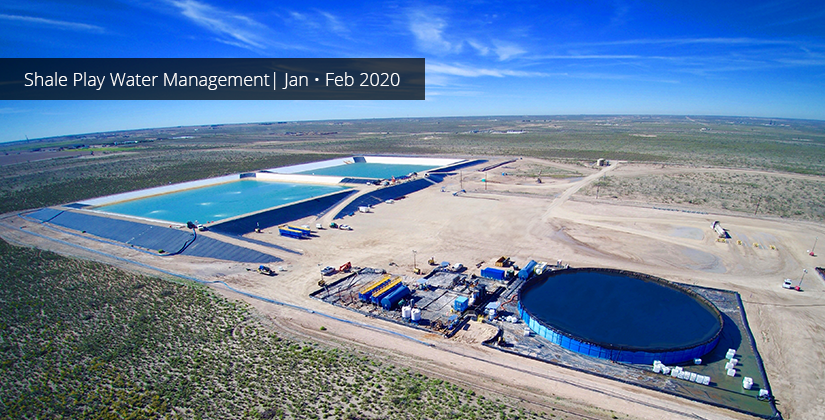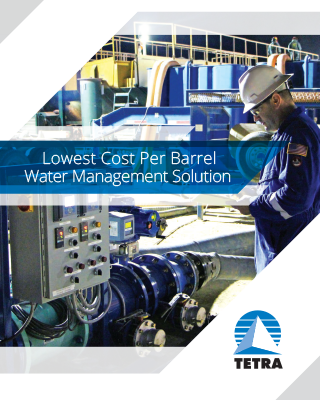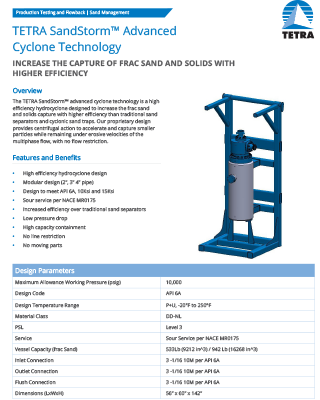The Road to Sustainability

In today’s market, with oil prices hovering around half their pre-downturn levels, the debt from years of funding a production boom coming due and operators shifting from pro-duction growth to profit growth, investors and company leaders are taking a more cautious approach and, crucially, weighing the impact of their company’s investments and capital expenditures on their sustainability objectives.
From a business perspective, sustainability entails a variety of environmental, social and governance concerns. These include the health and safety of a company’s workforce, its relationships with key stakeholders cost-conscious allocations of resources, structuring organizations and operations to be more resilient to market volatility. Alongside these, the public is increasingly assessing the oil and gas industry on environmental and social sustainability issues. Fortunately, for those of us in the water-management business, the oil and gas industry has reached an auspicious tipping point. Recycling produced water is not only effective in terms of cost and fluid quality, it’s sustainable and recognized as such among a growing number of operators.
A closed-loop system, like the TETRA Lowest Cost-Per-Barrel Water Management Solution, will provide greater simplicity and control over water treatment and recycling, blending, distribution, storage, transfer and sand management. Engineered for compatibility, the system components will
- Remove virtually all sand from the produced water
- Pretreat the water and recover residual hydrocarbons (which can be routed to the sales pipeline)
- Chemically treat the produced water to exact specifications
- Eliminate bacteria and sulfides using EPA-approved biocides
- Blend diverse types of water to ensure consistent fluid quality
- Control storage and distribution to ensure a steady supply of frac fluid




